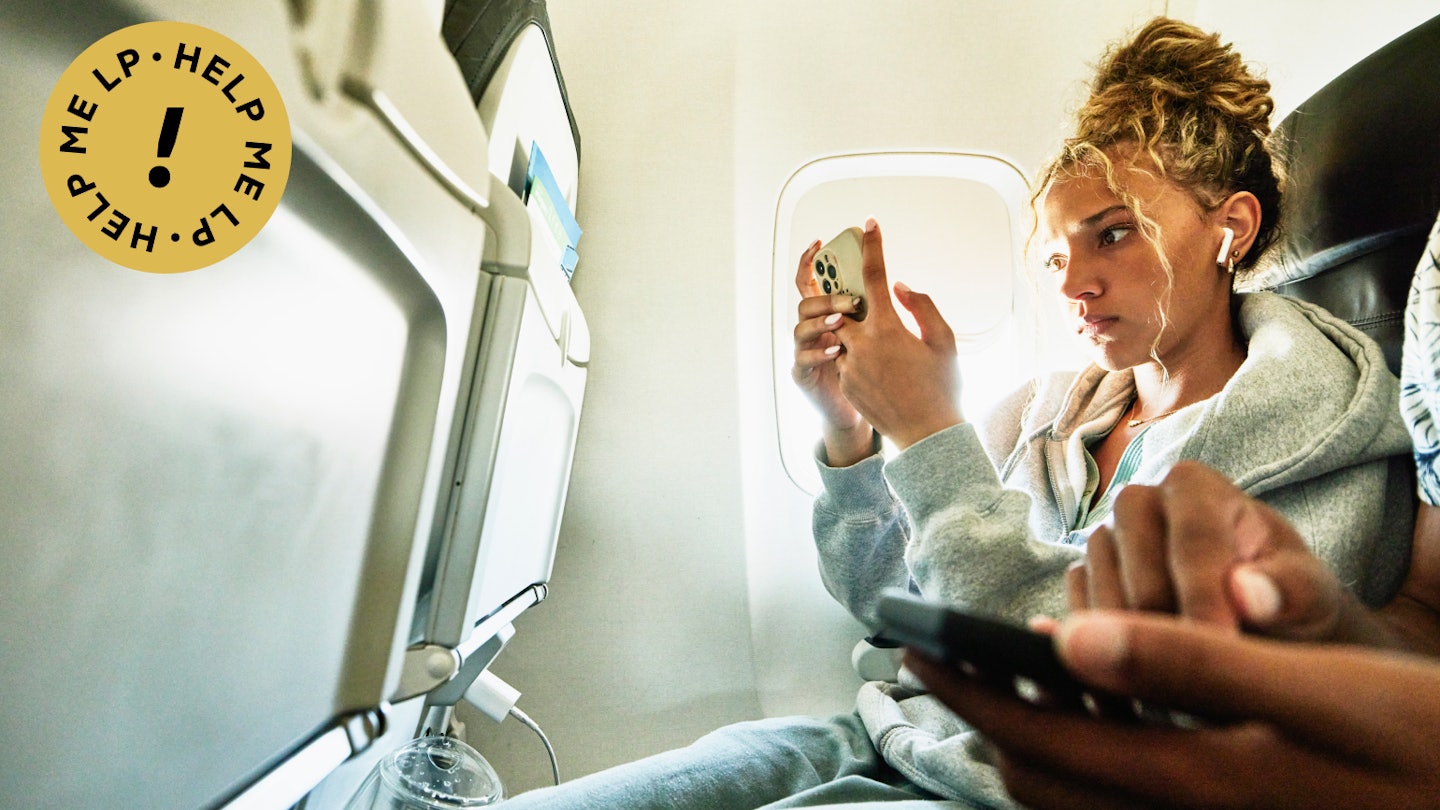

If you want a window seat, do a quick online search to ensure you have not been assigned to a "no window row" © Thomas Barwick /Getty
In this series, Lonely Planet's team of writers and editors answers your travel problems and provides tips and hacks to help you plan a hassle-free trip. This week, John Walton, Lonely Planet’s resident aviation journalist and airline nerd, answers a question about scoring a good seat on a plane.
Question: When I am booking flights online I wonder if there is a preferred seat to choose in economy. I always seem to get assigned a seat where I can't relax. Are any seats better than others that I should know about? Or are there seats that I should avoid?
Answer: I feel your pain… often literally. You won’t be surprised to know that I fly a lot, and even I find choosing a seat can be complicated. In general, beyond the “window or aisle” question, here are a few secret things (and hidden pitfalls!) to look out for.
Is it worth paying for a seat in economy class?
First things first: if you want a good seat these days, you’ll probably need to pay for it. If you don’t, you risk being auto-allocated a middle seat, or something right next to the onboard lavatories. Decide whether forking out the dough is worth it, or keep your cash and be content with spending it on something else.
When it comes to choosing your seat in coach class, avoid anything near a lavatory. Babies usually end up in the first row “bulkhead” seats, so if you’re sensitive to noise pick something in the middle of the cabin.
Apart from that, a lot of the seat map websites are out of date and conflicting, airline seat selection pages don’t have all the details, and many airlines have different layouts on the same plane — meaning that 11A might be a great seat on one of them but a terrible seat on another. Peer closely, and compare multiple sources if it’s really important to you.
Pick by plane
When booking your flight, most of the time you’ll have wider seats if you book an Airbus plane rather than a Boeing one. (This isn’t correct 100% of the time but it works at least four times out of five in my experience.)

Center aisle for long-haul
Aim for the center aisle seats on long-haul wide-body flights: if you love an aisle, it’s almost always better to pick one in the middle section, because those middle seats next to you will be the last to fill up — and there’ll be fewer passengers climbing over you than if you were sitting on the side by a window.
Exit row seats: all you need to know
Be choosy about first row “bulkhead” and exit row seats: at the front of the cabin or by the emergency exits, these seats can be great for extra legroom but may have drawbacks like not being able to recline or change the seat pitch, and some have a tighter seat width to fit in a side-opening tray table. Some of the bulkhead row seats may even feel like they have less legroom than a regular seat since you can’t slide your feet underneath.
Beware of the missing window
Some rows don’t have windows to allow for cabling or air ducts, most famously Ryanair’s seat 11A on its huge fleet of Boeing 737-800s. Often this will be just ahead or behind the wing or at the back of the plane. Look carefully when booking, and maybe do a quick online search for “[your airline name] no window row”.
“Infinite legroom” seats
On some airplanes, the way the seats line up with the emergency exits means there are only an aisle and a middle seat in the row right next to the exit, so the window seat behind has an entire seat-worth of legroom in front. Similarly, some Airbus A380s with crew rests downstairs have an emergency escape hatch where a seat would be — so the seat behind (62D on Singapore Airlines, for example) has bags of extra legroom. Look at the whole seat map to make sure you don’t miss out!














